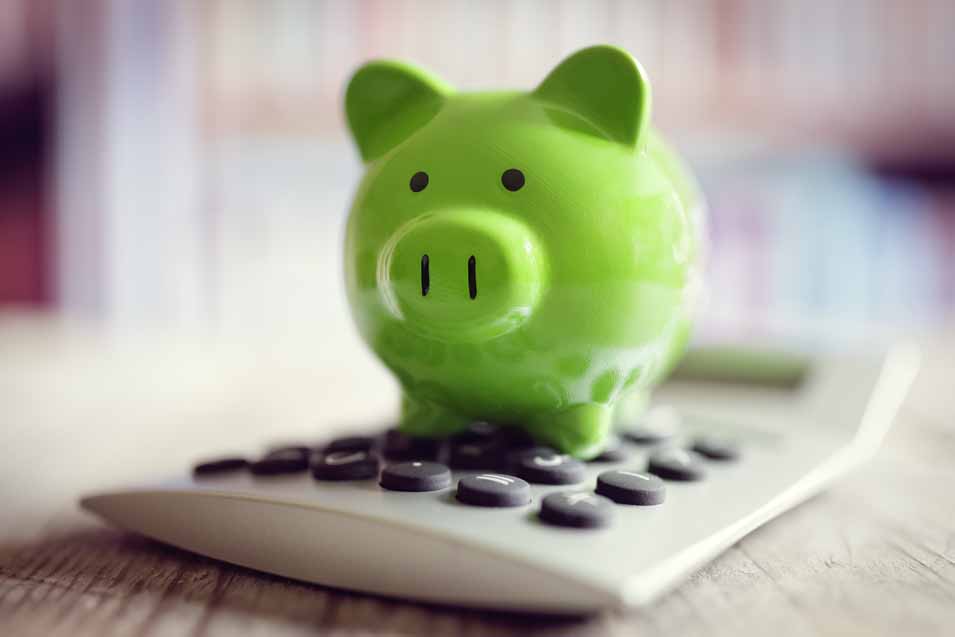
Bad money habits can slowly burrow into your brain, whispering sweet nothings about how maxing out your credit card or paying a bill late are perfectly acceptable forms of financial behavior. They rarely give good advice, such as how to use the debt snowball to become debt-free. The first step to combatting these bad financial proclivities is to identify them. In this article, we’re going to cover 7 toxic money habits you should quit today to help shut up the bad finance devil on your shoulder once and for all.
Toxic money habits you should kick to the curb
Here are 7 financial habits you should quit today:
1. Spending beyond your means
If your attempt to keep up with the Joneses is tanking your finances, it’s time to stop. Spending beyond your means to upgrade your car or house to keep up with others is a recipe for disaster. Avoid people and situations that trigger you to spend more than you can. Fifty-two percent of American credit card owners carry debt[1]. Staying in your lane and only spending what you know you can pay back can help you prevent being part of that percentage.
2. Paying yourself last
We often first use our paycheck to pay bills or immediate expenses. Savings are typically an afterthought. However, by always paying others before yourself, it’s going to be difficult to save. Paying yourself first can help you avoid a cycle of letting expenses chip away at your paycheck, leaving nothing for your future. Put your money first towards your savings, and second for your bills and discretionary expenses.
3. Not having any money goals
Not having any financial goals can make it difficult to stick to a budget or pay off debt. After all, shopping sounds a lot more fun than setting money aside for a 401(k). But knowing what you’re sacrificing short-term fun for, such as saving for a house, can help you stay on track with your spending.
4. Constantly carrying a balance on your credit card
Not paying your credit card in full every month can lower your credit score, even if you’re paying the payments on time. For example, if you only make the minimum monthly payments, your card won’t incur any penalty APRs or late fees, but you’ll continue to amass interest charges. This can put you at risk of going into debt.
5. Not making an emergency fund
If you don’t set money aside for an emergency fund, you’re putting yourself at risk of having to turn to debt should the unexpected happen. Examples of when an emergency fund can come in handy are if you have to pay for expensive medical bills or damage to your car. A pool of money set aside for such circumstances can help you avoid relying on credit cards or payday loans.
6. Not having “the talk” with your partner
Having a talk with your partner about finances can feel significantly more terrifying than a DTR (a talk to define the relationship). Avoiding discussing money can become a major issue later on in the relationship if you and your partner have very different perspectives on how to best spend and save. Having a talk now can help avoid such confrontations and help you work as a team instead of monetary adversaries.
7. Not tracking your spending
We often use credit cards to shop and automate our bill paying. Without using cash, it’s all too easy to be blissfully ignorant about where your money’s going. Tracking your spending with an app, or whatever method you prefer, can help you avoid spending frivolously.
Toxic money habits are like a bad ex: destructive, annoying, and at times difficult to rid yourself of. But by identifying which habits need to change, you’ll be able to make a difference and say goodbye forever to bad money moves that are dragging your finances down. Wish we could say getting rid of that ex would be as easy.
By Stefanie Gordon
Stefanie Gordon is a content strategist with over a decade of professional writing experience. She is a former financial journalist who has spent the last several years working in digital marketing. She specializes in content strategy and creation for large and small businesses in finance and technology.
[1] https://moneyfit.org/credit-card-debt-of-average-american





